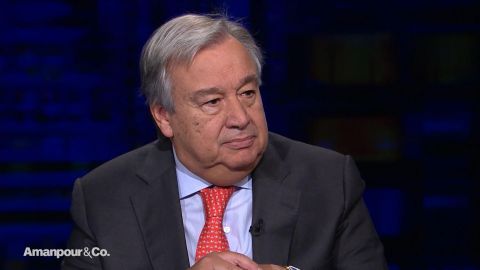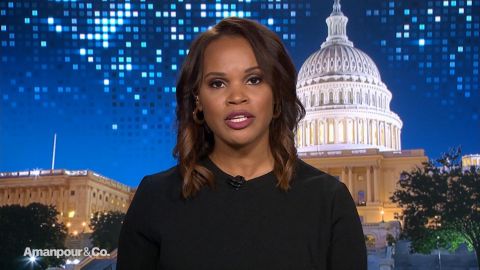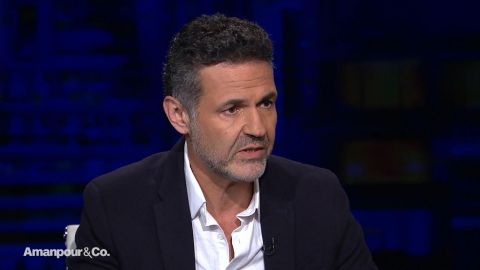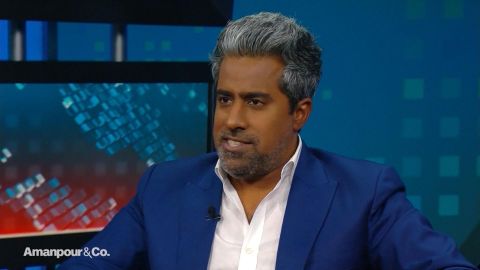Read Transcript EXPAND
CHRISTIANE AMANPOUR: Bob Corker tweeted, “After learning of the allegation, Chairman Chuck Grassley took immediate action to ensure both Dr. Ford and Judge Kavanaugh have the opportunity to be heard in public or private. Republicans extended a hand in good faith. If we don’t hear from both sides on Monday, let’s vote.” Well, I mean, that’s throwing down the gauntlet. How politically tenable is that in this particular time, the #MeToo era?
COATES: Well, you know, there are so many parallels to be drawn about Anita Hill and one of the lessons about that was the notion that he said/she said dynamics do not play well in the judiciary committee when you have not only the optics of an all-male force, all-White male at that point in time who was talking to her in a very denigrating way, talking about erotomania where they thought she was delusional, that someone was in love with her of a higher social status. All of these sorts of things happening here. And now, we have this discussion about how magnanimous all of the gestures that are being made by the Republicans on the judiciary committee to say, “We’re bending over backwards to ensure she has a fair hearing,” but in reality the sham proceeding she is alluding to is the notion that if you have the ability to have an objective independent agency, that being the FBI, the arm of our Department of Justice, to be able to conduct inquiries into a real gap and a problem in somebody’s background, why wouldn’t you take that opportunity to do so unless there was some other reason that you wanted to hastily put this person forward. And the reason behind that and why I think people shouldn’t lose sight of this being simply an issue of whether or not they have empathy towards her or trying to bend over backwards to give her this due process right, to have her case be heard and presented in this fashion is because, in a few weeks, we have the Supreme Court’s next term coming. And October 1st are the first of many oral arguments here. Which means that the conservative revolution that was expected by Donald Trump, the President of the United States, and those supportive of him, particularly in the conservative Republican entities, that they were guaranteed by happenstance truly that they’d have two Supreme Court picks. Now, if Kavanaugh is not confirmed by that October 1st deadline, then you have a position where you may have a split between Liberals and Conservatives on the bench, which means that the benefits of the doubt that have been extended to the president of the United States in terms of many, many controversies and things that have been happening would no longer really be the galvanizing force for those who support him if he can’t get this through. And so, while they’re talking about we’d like to have you be heard, it seems already a foregone conclusion people like Corker, et cetera, who say, “We want to hear you to placate the masses in the #MeToo movement, but we have zero intention of ever allowing this to be a full-throttled investigation into his credentials as a life-time appointed person.”
About This Episode EXPAND
Christiane Amanpour interviews António Guterres, U.N. Secretary-General; Laura Coates, former U.S. Federal Prosecutor; and Khaled Hosseini, author of “Sea Prayer.” Hari Sreenivasan interviews Anand Giridharadas, author of “Winner Takes All.”
LEARN MORE



